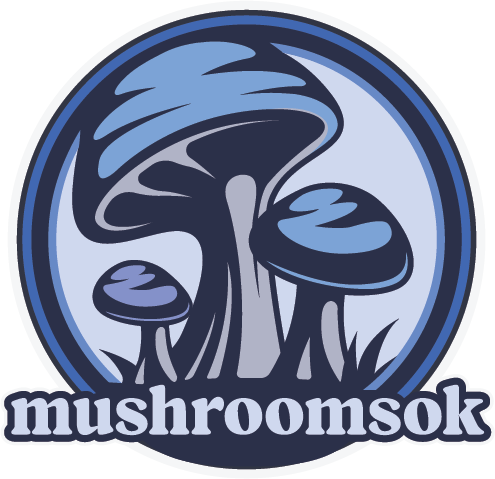Nutritional Facts of Homegrown Mushrooms
Mushrooms are not only delicious but also packed with essential nutrients that contribute to a healthy diet. Whether you’re growing pink oyster, reishi, elm oyster, pioppino, or chestnut mushrooms, each variety offers unique health benefits. Let’s dive into the nutritional profile of these mushrooms and how they can enhance your well-being.
1. Pink Oyster Mushrooms
Pink oyster mushrooms are known for their vibrant color and meaty texture, making them a great plant-based protein source.
Nutritional Profile (Per 100g):
-
Calories: 35
-
Protein: 3g
-
Carbohydrates: 6g
-
Fiber: 2g
-
Fat: 0.3g
-
Vitamins & Minerals: High in vitamin B6, niacin, potassium, and antioxidants
Health Benefits:
-
Supports immune function
-
Rich in antioxidants that help combat oxidative stress
-
Contains compounds that may support heart health
2. Reishi Mushrooms
Reishi mushrooms are primarily used for their medicinal properties rather than their culinary appeal.
Nutritional Profile (Per 100g dried):
-
Calories: 56
-
Protein: 7g
-
Carbohydrates: 11g
-
Fiber: 5g
-
Fat: 0.4g
-
Vitamins & Minerals: Contains polysaccharides, triterpenes, beta-glucans, and various antioxidants
Health Benefits:
-
Enhances immune system function
-
May reduce inflammation and stress
-
Supports liver health and detoxification
3. Elm Oyster Mushrooms
Elm oysters have a mild flavor and are packed with important nutrients.
Nutritional Profile (Per 100g):
-
Calories: 33
-
Protein: 3.5g
-
Carbohydrates: 5g
-
Fiber: 2g
-
Fat: 0.5g
-
Vitamins & Minerals: Rich in potassium, copper, vitamin D, and B vitamins
Health Benefits:
-
Supports brain and nerve function
-
May aid digestion and gut health
-
Helps regulate blood pressure due to high potassium content
4. Pioppino Mushrooms
Pioppino mushrooms have an earthy, nutty flavor and are loaded with essential nutrients.
Nutritional Profile (Per 100g):
-
Calories: 28
-
Protein: 3g
-
Carbohydrates: 4.5g
-
Fiber: 1.5g
-
Fat: 0.2g
-
Vitamins & Minerals: High in selenium, iron, and B vitamins
Health Benefits:
-
Rich in antioxidants that help protect against cellular damage
-
Supports immune function and reduces inflammation
-
May improve cardiovascular health by lowering cholesterol
5. Chestnut Mushrooms
Chestnut mushrooms have a firm texture and a deep, umami flavor, making them a popular choice for cooking.
Nutritional Profile (Per 100g):
-
Calories: 22
-
Protein: 2.5g
-
Carbohydrates: 3.5g
-
Fiber: 1.5g
-
Fat: 0.3g
-
Vitamins & Minerals: High in copper, selenium, vitamin D, and riboflavin
Health Benefits:
-
Supports bone and joint health due to high vitamin D content
-
Helps with red blood cell formation and oxygen transport
-
Boosts metabolism and energy levels with B vitamins
Final Thoughts
Growing your own mushrooms at home not only provides you with fresh, organic produce but also ensures you’re consuming nutrient-dense food that supports overall health. Each mushroom variety brings unique nutritional benefits to the table, making them a valuable addition to any diet. Whether you’re looking for immune support, brain health, or digestive benefits, these mushrooms have you covered!
Stay tuned for more insights into the world of mushrooms and their incredible benefits!

